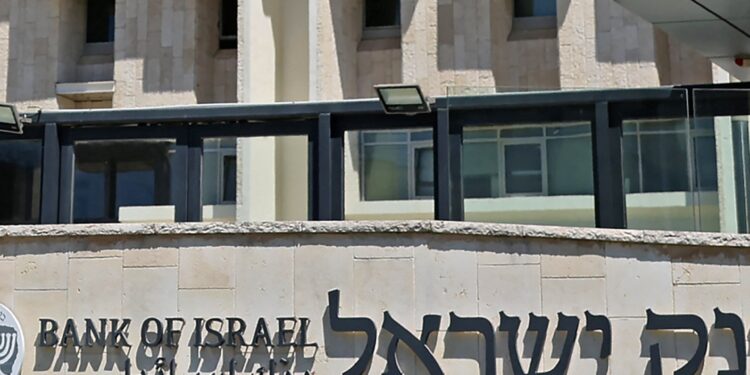An Israeli economist estimated that the war on the Gaza Strip has already cost the Israeli economy more than $67.3 billion.
“So far, the war has already cost the Israeli economy more than NIS 250 billion ($67.3 billion), and the defense establishment wants an annual increase of at least NIS 20 billion ($5.4 billion),” Rakefet Russak-Aminach, former CEO of Bank Leumi, told Israel’s Channel 12.
“The deficit is much bigger, we have evacuees, wounded people and a lot of economic needs that are not even counted in the cost of the war,” she added.
In this regard, Professor Yaakov Frenkel, winner of the Israel Prize for Economics and former governor of the Bank of Israel, said: “The most urgent and important task is to deal with the deficit.”
He added: “The year 2023 began without a deficit and since then the situation has deteriorated. At the end of last July, the deficit reached 8.1%, about 155 billion shekels ($42 billion), and it must be covered.”
Channel 12 Israel says: “International markets are beginning to lose patience with Israel. The credit rating has been lowered and the risk premium has increased. The increase since the start of the war is clear to see.”
“We are seeing signs of a decline in foreign investment,” said Gil Schwed, CEO and co-founder of high-tech company Check Point. “Naturally, foreign investors are afraid to invest in a country that is not in a stable state.”
“If I’m an American investor, I’m looking for a stable, familiar environment, and Israel is, of course, far away and less familiar. Over many years, we’ve built that trust that we can be trusted and that we’re a stable place. Things can’t go wrong,” he added.
Frankel said: “The Israeli government has lost credibility with investors.”
“Credibility is not bought through speeches, but through actions,” he added.
In turn, Uri Levin, former CEO of Discount Bank, warned that “if we do not deal with the crisis, we will reach a very serious crisis and perhaps reach a dangerous spiral. This is the real danger, and in economics, playing is forbidden.”
“The first thing that needs to happen is to restore confidence. The government needs to restore the confidence of international investors. Confidence has fallen, and we see that in the opening of spreads, in international discourse and in ratings companies,” he added.
“Without the confidence of international investors, we will not be able to rehabilitate the economy. The foundation of the economy is confidence,” Levin continued.



